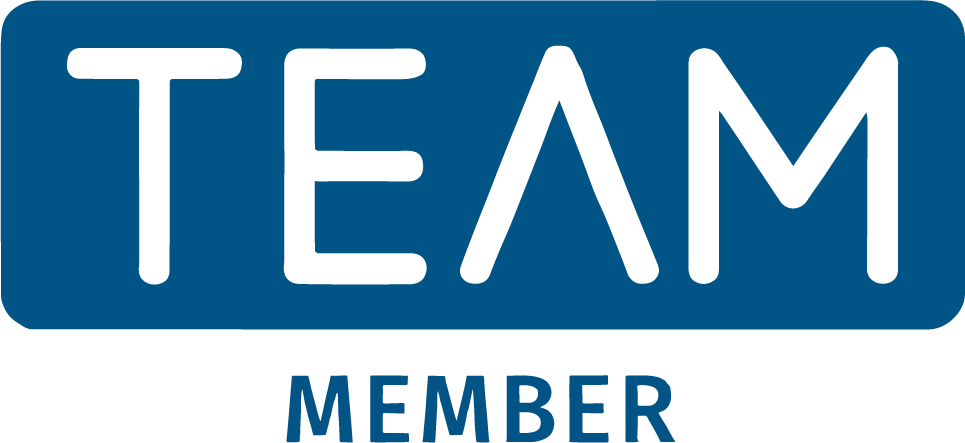RECRUITMENT PROCESS OUTSOURCING
Managing your Recruitment Process
RPO Service
As a business owner or part of an SME, hiring the right people while managing day-to-day operations can be challenging. Recruiting the right candidate takes time and time is money—hiring the wrong person can be costly. This is where RPO can provide valuable support for your business.
What is RPO?
Recruitment Process Outsourcing (RPO), also known as Managed Service Provider (MSP), is where an agency like ASC will manage your entire or select areas of your recruitment process including outsourcing and managing other recruitment agencies for you if/when required.

How does this benefit you?
You might feel that working exclusively with a single agency is a big risk, as it means relying on one source.
However, instead of juggling multiple agencies with varying terms and processes—which can be stressful—you'll have a single point of contact managing multiple agencies on your behalf. This way, you still have access to the same pool of candidates, but through a more streamlined process that offers:
- A better candidate experience
- Stress-free recruitment
- One fee per month
- Increased efficiency and ROI
- An easy to understand report of recruitment activity
Additionally, having a single point of contact allows them to gain a deeper understanding of your business, fostering a stronger professional relationship and ensuring the service you receive aligns with your expectations.
What is included in your RPO package?
At ASC we understand that one package won’t be suitable for everyone’s needs. That is why we tailor our RPO packages to suit you. Packages can include the following elements:
- Sourcing candidates
- Engaging their interest
- Screening candidates to shortlist for you
- Arranging interviews
- Admin
- Managing/liaising with 3rd party suppliers (including sourcing them, negotiating terms of fee structure, performance monitoring and the process of supply)
- Managing the on-boarding/new starter process

What Next?
If you’re looking for specific skills or need a high volume of people quickly, contact us to discuss how this service could help you.
You can also register your details and we’ll contact you.
Don't forget to look at all the
recruitment services we offer as we may be able to support you with other hiring needs too.


